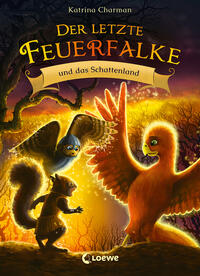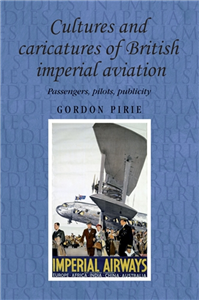Humanities & Social Sciences
June 2021
Imperialist discourse interacted with regional and class discourses. Imperialism's incorporation of Welsh, Scots and Irish identities, was both necessary to its own success and one of its most powerful functions in terms of the control of British society. Most cultures have a place for the concept of heroism, and for the heroic figure in narrative fiction; stage heroes are part of the drama's definition of self, the exploration and understanding of personal identity. Theatrical and quasi-theatrical presentations, whether in music hall, clubroom, Shakespeare Memorial Theatre or the streets and ceremonial spaces of the capital, contributed to that much-discussed national mood. This book examines the theatre as the locus for nineteenth century discourses of power and the use of stereotype in productions of the Shakespearean history canon. It discusses the development of the working class and naval hero myth of Jack Tar, the portrayal of Ireland and the Irish, and the portrayal of British India on the spectacular exhibition stage. The racial implications of the ubiquitous black-face minstrelsy are focused upon. The ideology cluster which made up the imperial mindset had the capacity to re-arrange and re-interpret history and to influence the portrayal of the tragic or comic potential of personal dilemmas. Though the British may have prided themselves on having preceded America in the abolition of slavery and thus outpacing Brother Jonathan in humanitarian philanthropy, abnegation of hierarchisation and the acceptance of equality of status between black and white ethnic groups was not part of that achievement.















